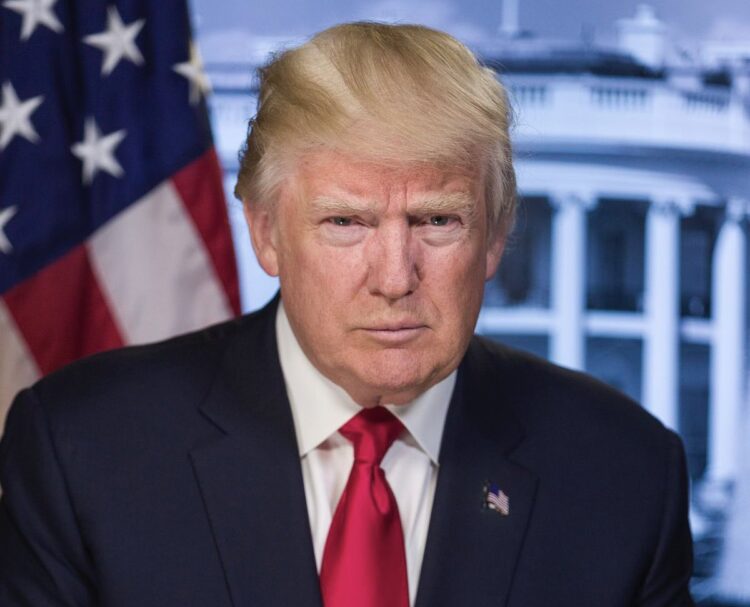New York Jury Convicts Trump
A New York jury has convicted former President Donald Trump on all 34 felony charges of falsifying business records. This raises immediate questions about his political future.
Can a Convicted Felon Run for President?
The U.S. Constitution sets only three requirements for presidential candidates: they must be natural born citizens, at least 35 years old, and U.S. residents for at least 14 years. Trump meets all these criteria. While the 14th Amendment prohibits anyone who has engaged in insurrection from holding office, the Supreme Court recently ruled that Congress must pass a law to enforce this prohibition, which is unlikely to happen soon.
Trump’s sentencing is scheduled for July 11, just days before the Republican National Convention in Milwaukee. Although it’s possible, it is unlikely that Trump, a first-time offender, will receive a prison sentence. Most Class E felony convictions in New York result in probation, fines, or community service, according to CNN legal analyst Elie Honig. Trump will also continue to receive Secret Service protection regardless of his location.
Historical Precedents
There is historical precedent for running a presidential campaign from prison. Socialist leader Eugene Debs ran for president in 1920 while serving a 10-year sentence for sedition. He garnered nearly a million votes, more than 3% of the total, despite remaining incarcerated during the election.
Could Trump Vote for Himself?
The question of whether Trump can vote for himself is more complicated. Each state has different rules regarding felon voting rights. Trump, a Florida resident, might face challenges. Florida’s 2018 referendum reenfranchised felons, but Republican lawmakers added requirements that felons must pay all fines and fees related to their sentences before voting.
Neil Volz, deputy director of the Florida Rights Restoration Coalition, believes Trump will have little trouble voting since Florida defers to the jurisdiction of the felony conviction. In New York, any convicted felon not incarcerated is eligible to vote. Even if Trump were sentenced to prison, it is unlikely that his appeals would be exhausted before Election Day.
However, logistical issues remain for many post-incarceration felons in Florida. A lack of clear information about required fees has prevented many from voting. Volz’s organization continues to work with the state to simplify the process and ensure people know their voting eligibility.
Conclusion
While Trump’s conviction presents significant challenges, it does not legally bar him from running for president. His ability to vote for himself depends on the outcomes of his sentencing and appeals processes, and the interpretation of state laws governing felon voting rights.

















Comments